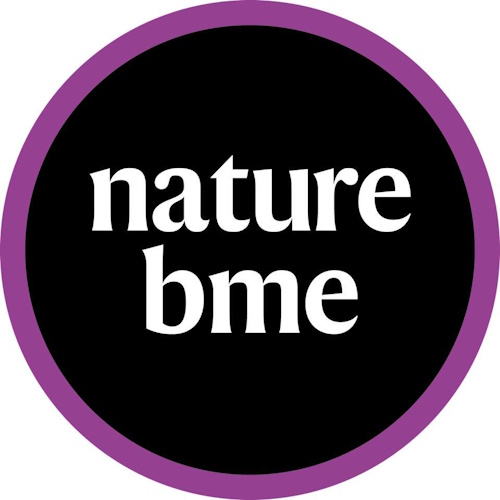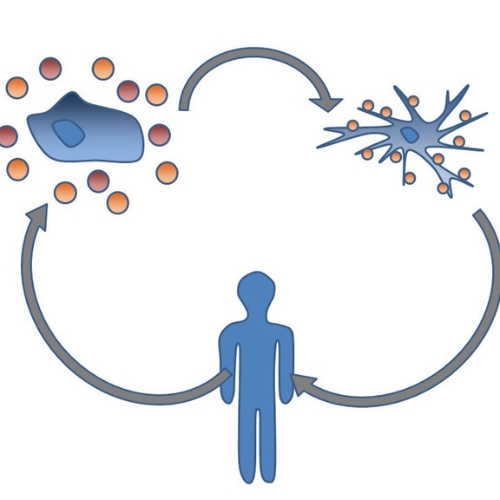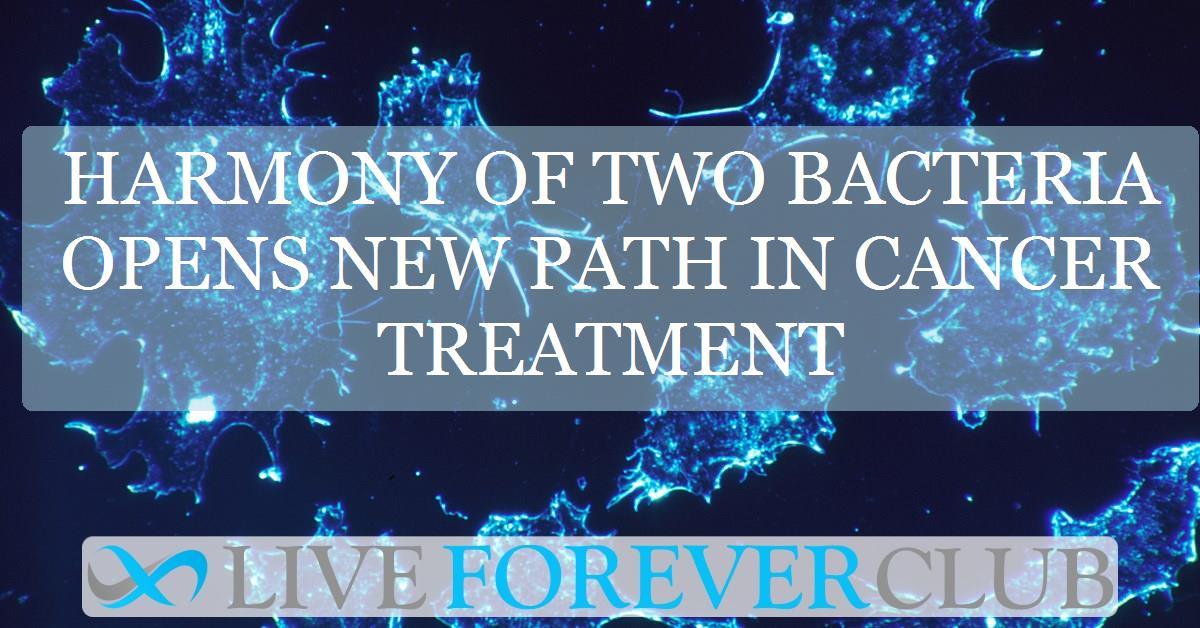Key points from article :
A research team led by Professor Eijiro Miyako of the Japan Advanced Institute of Science and Technology (JAIST), in collaboration with Daiichi Sankyo Co., Ltd. and the University of Tsukuba, has developed a groundbreaking bacterial cancer therapy that works without the help of the immune system. Published in Nature Biomedical Engineering, the approach uses a specially designed microbial duo—dubbed AUN—that can eradicate tumours even in immunocompromised patients, addressing a major limitation of existing cancer immunotherapies such as checkpoint inhibitors and CAR-T cells.
The AUN therapy combines two naturally occurring bacteria: Proteus mirabilis (A-gyo), which naturally resides in tumours, and Rhodopseudomonas palustris (UN-gyo), a photosynthetic bacterium. Together, they attack tumours through a combination of targeted destruction of tumour blood vessels and cancer cells, structural changes in A-gyo triggered by tumour metabolites, and a dramatic shift in their population balance inside the tumour—starting at roughly 3:97 and ending at 99:1. Importantly, this bacterial cooperation suppresses harmful side effects, including cytokine release syndrome, while maintaining strong tumour-killing power.
UN-gyo plays a critical regulatory role, reducing the pathogenicity of both species and enhancing tumour specificity—mirroring the Japanese concept of “AUN,” symbolising perfect harmony between opposites. This synergistic interaction makes the therapy both potent and safe, a combination that conventional bacterial treatments have not been able to achieve.
Professor Miyako and his team are now working toward clinical translation, aiming to launch a startup and begin human trials within six years. If successful, AUN therapy could offer an urgently needed treatment option for cancer patients whose immune systems have been weakened by disease or treatment, marking a new chapter in the 150-year pursuit of bacteria-based cancer cures.






